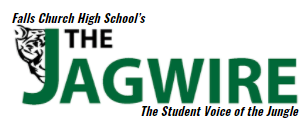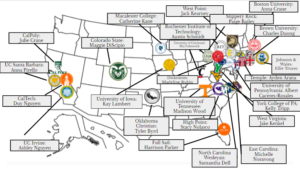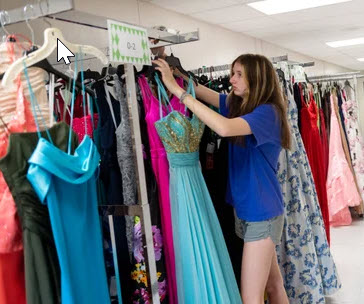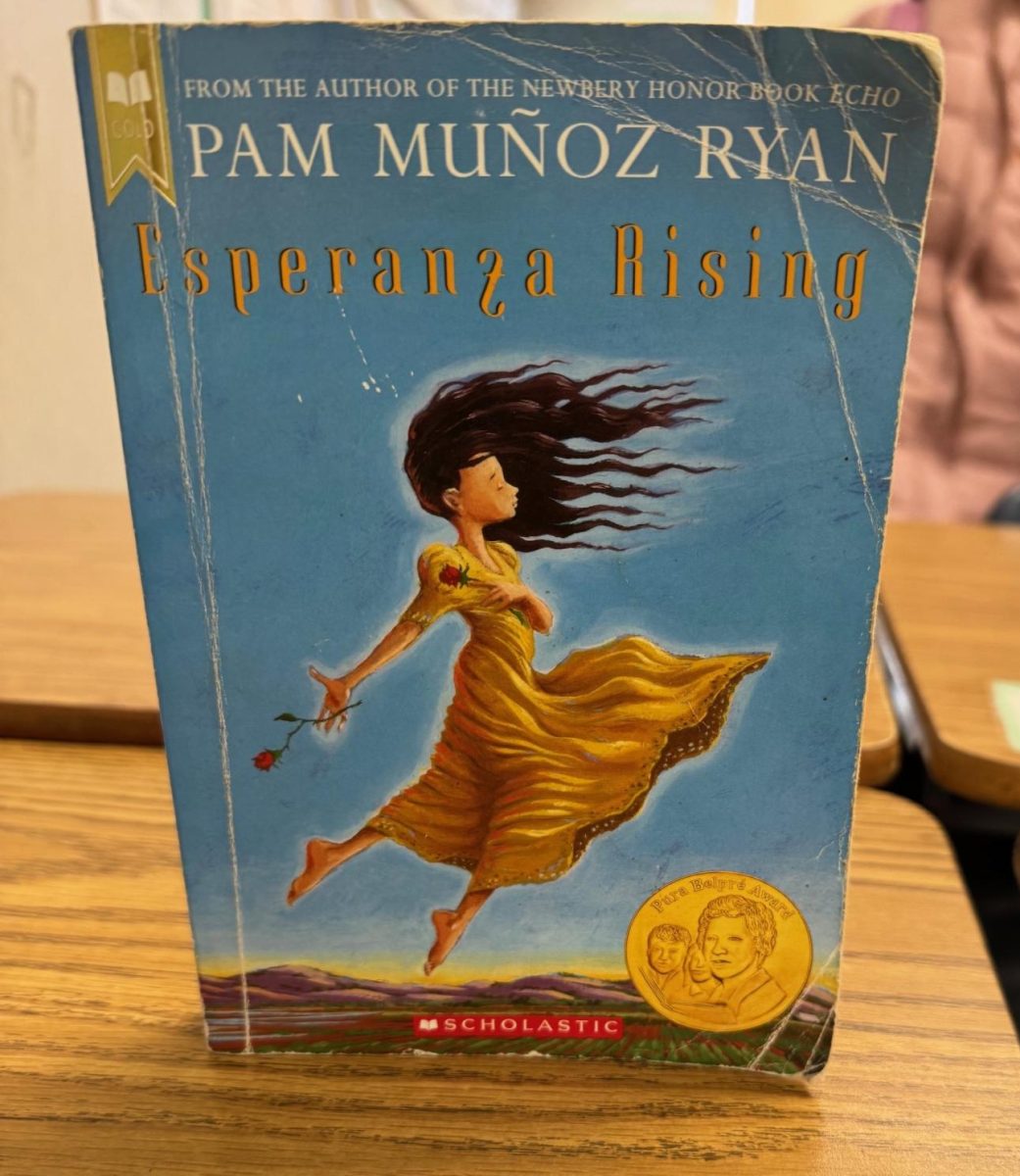Schoology switch frustrates students, teachers
December 15, 2021
Fairfax County Public Schools’ recent switch to Schoology has created a sea of controversy and confusion among students, with many deeming it unnecessary and even a step backward in FCHS’s technology use.
The 2020 school year was characterized by uncertainty. Online learning brought students into uncharted territory, and frequent technology glitches only amplified confusion. Some students found themselves unable to log into class at all, or prevented from learning in class by video and audio glitches; many people, including the school board, placed the blame for these malfunctions directly on Blackboard, FCPS’s learning management system (LMS) at the time.
These failed efforts at virtual learning received national attention. The 2020-2021 school year brought improvement, but for many, it was not enough. Parents complained relentlessly, with some pulling their children out of public schools entirely.
The 2021-2022 school year brought a new approach to technology: Schoology. A switch to Schoology as the county’s LMS had been discussed since before the pandemic, but the change wasn’t put into motion until students came back to in-person school. Schoology boasted all of the features that Blackboard lacked: easy parent access, compatibility with programs such as Zoom and Clever, and most importantly, perceived reliability. Schoology is not simply meant as a substitute for Blackboard; it is an attempt to completely transform FCPS’s use of technology.
But not everyone agrees that this transformation is an improvement.
“There’s nothing better about Schoology than Google Classroom,” said Lucy Lebourdais (11). This reflects a main argument against Schoology: it’s unnecessary. Blackboard was not well-liked either, and because of the events of the 2020-2021 school year, returning to it was not a viable option for the school board. But students see no reason that Google Classroom should be ruled out.
“It’s about familiarity,” said Chris Halstead (12).”There’s not very much training required for Google Classroom.” Google Classroom has been used in schools since 2014, making the program second nature for most students. It was well liked for its user-friendly interface, aesthetically pleasing design, and compatibility with other Google programs. Schoology, on the other hand, is commonly criticized by both teachers and students as being poorly designed and difficult to use.
“It’s hard to navigate, and I never know when my assignments are due,” said Audrey Schall (11). The root of the navigation problem seems to be Schoology’s multi-folder system, which requires many clicks to access any given assignment. Additionally, teachers have trouble posting announcements, and many of the announcements they do post go unseen due to Schoology’s lack of a functioning app.
All of this begs the question- why did FCPS switch to Schoology in the first place? What problem with Google Classroom was so large that it warranted a switch to a completely new LMS, especially one which is dramatically less popular? The main answer actually has to do with parents more so than students.
“Access for parents was a big [reason],” said Megan Walker, FCHS’s Technology Support Specialist. While Google Classroom functioned well for students, its lack of a parent feature caused complaints. Schoology fixes this issue with an intuitive parent feature that gives parents their own account, from which they can view their child’s assignments and grades. This helps to keep parents in the loop about information regarding their child’s education.
This switch mirrors a larger trend in FCPS and nationwide toward increased parent involvement in the classroom. This trend can be seen in recent controversies over curriculum books and the increasing concern over “critical race theory” being taught in history classes. Overall, FCPS is shifting toward a system in which parents have much more say than they did in the past. But the aftermath of the switch to Schoology exposes some tendencies that may become problematic in the future: parent involvement coming at the expense of students, and FCPS listening more to the complaints of parents than to the complaints of students.
However, before conclusions about Schoology are drawn, it is important to note that parent involvement is not the only reason motivating the switch.
“What I imagine is that teachers and students have Schoology open all day long on their computer,” said Walker. Unlike Google Classroom and Blackboard, Schoology is built for this type of use, with several integrated programs such as Clever, Zoom, and Naviance. It also lends itself well to communication with features for discussion boards, messaging, and forming groups. However, many of these features remain either unknown or unused.
“I’m sure there are [advantages],” said English teacher Elizabeth Gibbons,”but I have not learned them yet.” Many students and teachers are reluctant to learn a new program, especially one with so many flaws. However, due to the unlikeliness of a switch back to Google Classroom, many have been forced to take on a mindset of begrudging optimism.
“My hope is that Schoology is an iceberg,” said Gibbons,”and right now I am only using the tip.”




